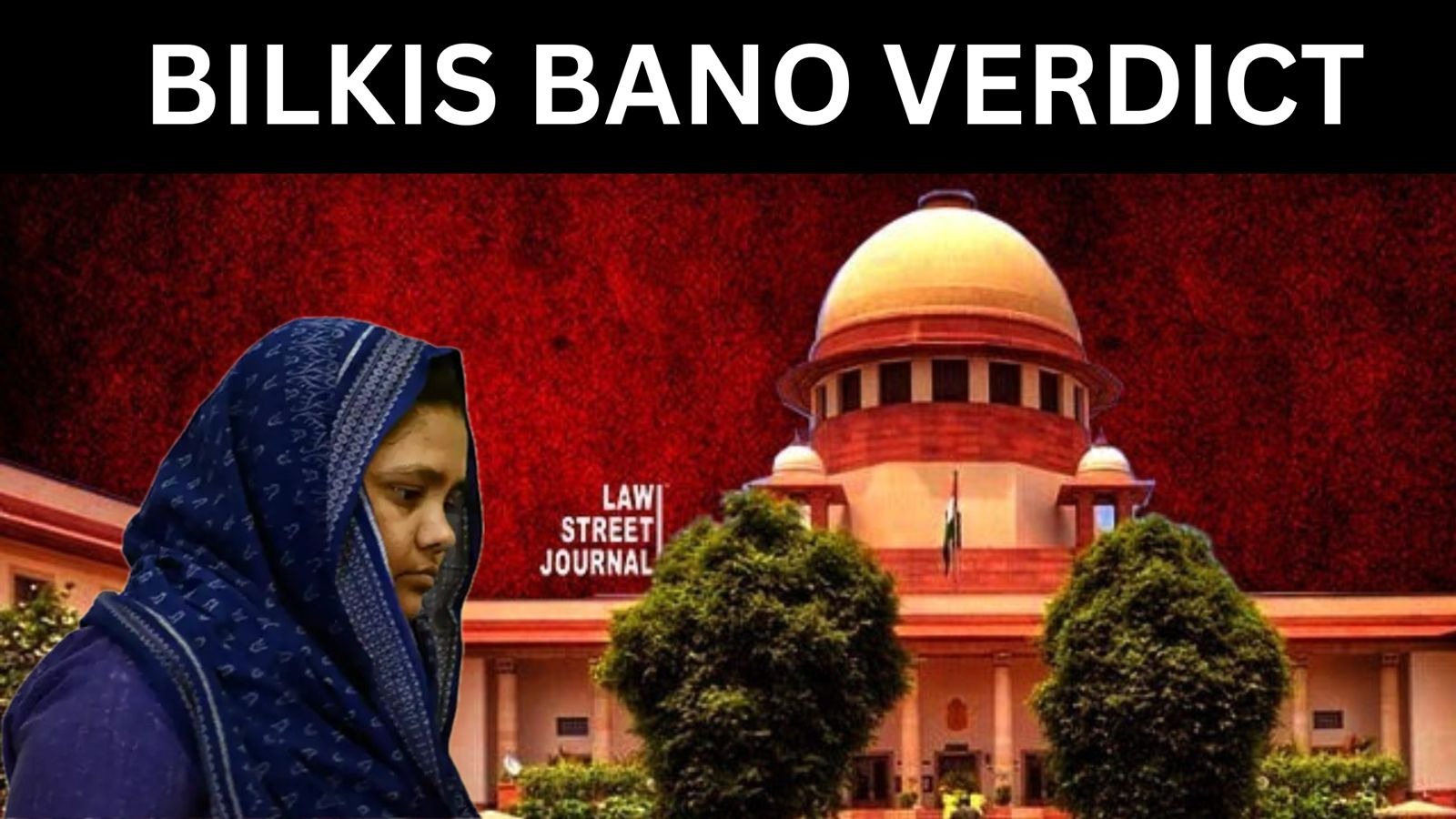NEW DELHI: The Supreme Court is set to pronounce its judgment on Monday on a batch of petitions challenging validity of the premature release granted to 11 convicts in the case related to gang rape of Bilkis Bano and murder of her family members during the Gujarat riots in 2002.
A bench of Justices B V Nagarathna and Ujjal Bhuyan had on October 12, 2023 reserved its judgement on the petitions filed by Bilkis Bano herself and others.
Defending its August, 2022 decision, the Gujarat government said it had granted remission to the 11 convicts based on May 13, 2022 judgement by another bench of the top court and after they had served 15 years in prison. All compliances with the 1992 remission policy of Gujarat were done legally and with due procedure, it said.
The apex court had then said the Gujarat government would exercise its jurisdiction in the matter as crime was committed over there. Notably, the trial in the case was shifted to Mumbai.
In May, 2023 the court had directed publication of notices in local newspapers, including in Gujarati and English in order to inform the convicts who remained unserved.
In November, 2022, Bilkis Bano, the victim of gang rape during the 2002 Gujarat riots, herself approached the court against the state government's decision of premature release of 11 men sentenced to life term, contending it was "one of the most gruesome crimes of extreme inhuman violence and brutality, persuaded by hate towards a particular community".
During the hearing, the court had termed the offence as "horrendous" but said it would not be "overwhelmed by emotions" and decide the matter on the basis of law only.
PILs were also filed by CPI(M) leader Subhashini Ali, independent journalist Revati Laul and former vice-chancellor of Lucknow University Roop Rekha Verma, challenging the relief granted to the convicts last year. Expelled TMC MP Mahua Moitra has also filed a PIL against the remission granted to the convicts.
The petitioners claimed the order to release convicts passed in August, 2022 was arbitrary, malafide, and partisan.
On the contrary, the convicts claimed once they have been released from the jail, their liberty cannot be affected and interfered with in view of petitions filed under Article 32 of the Constitution.
They also contended that even under CrPC (Criminal Procedure Code), victims and complainants have limited role, and once sentence has been passed, the role of the victim ceases.
The convicts also said they cannot be denied the benefit of remission only on the ground that the crime was heinous.
During the hearing, the bench had sought to know why the policy of remission is being applied selectively. The opportunity to reintegrate and reform should be given to every convict, not a few. Question is, not en masse, but where eligible, are all life sentence convicts after 14 years being given the benefit of remission, the bench had asked.
It had also made it categorical that public outcry will not have any impact on the judicial decisions.
















